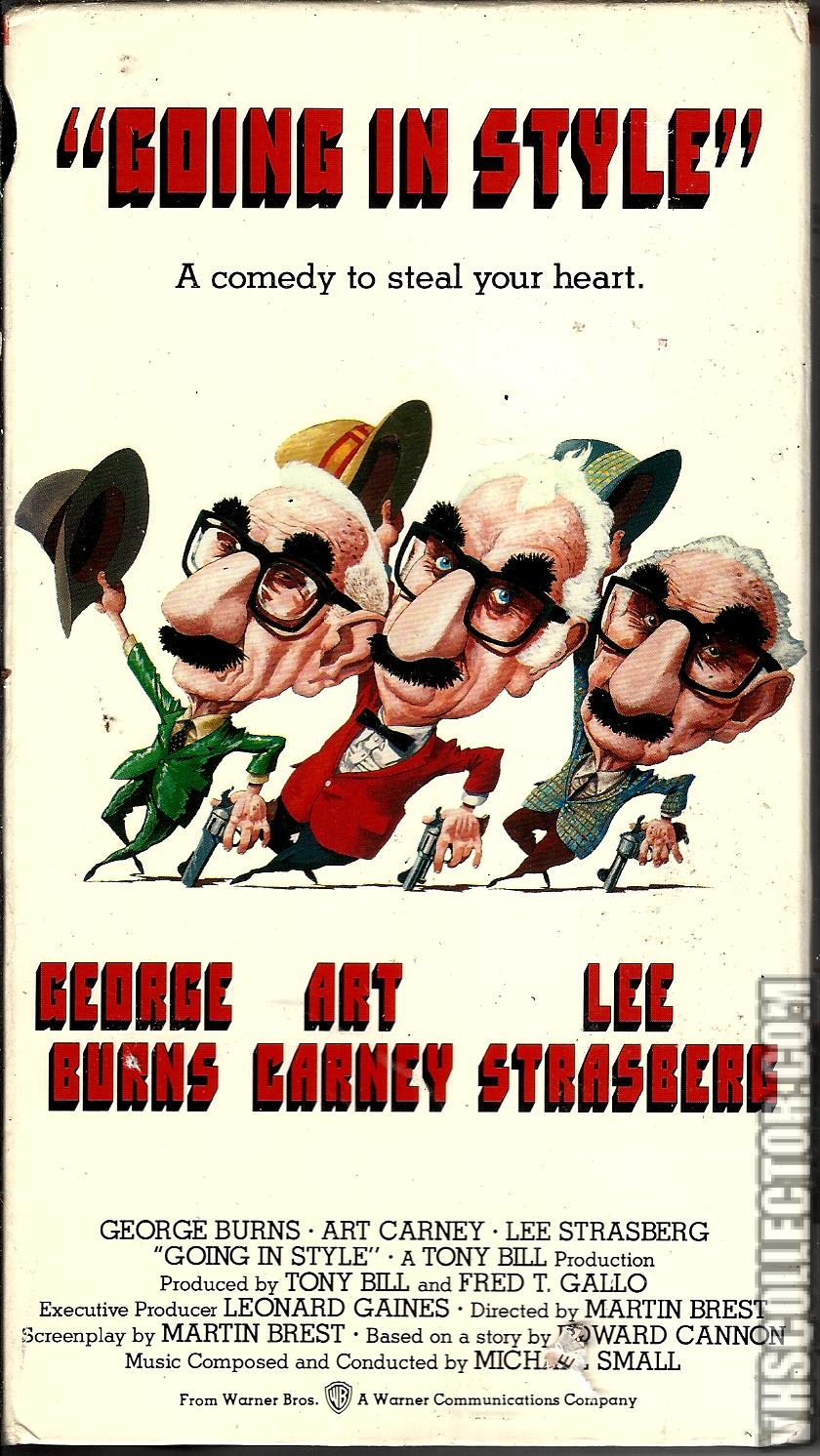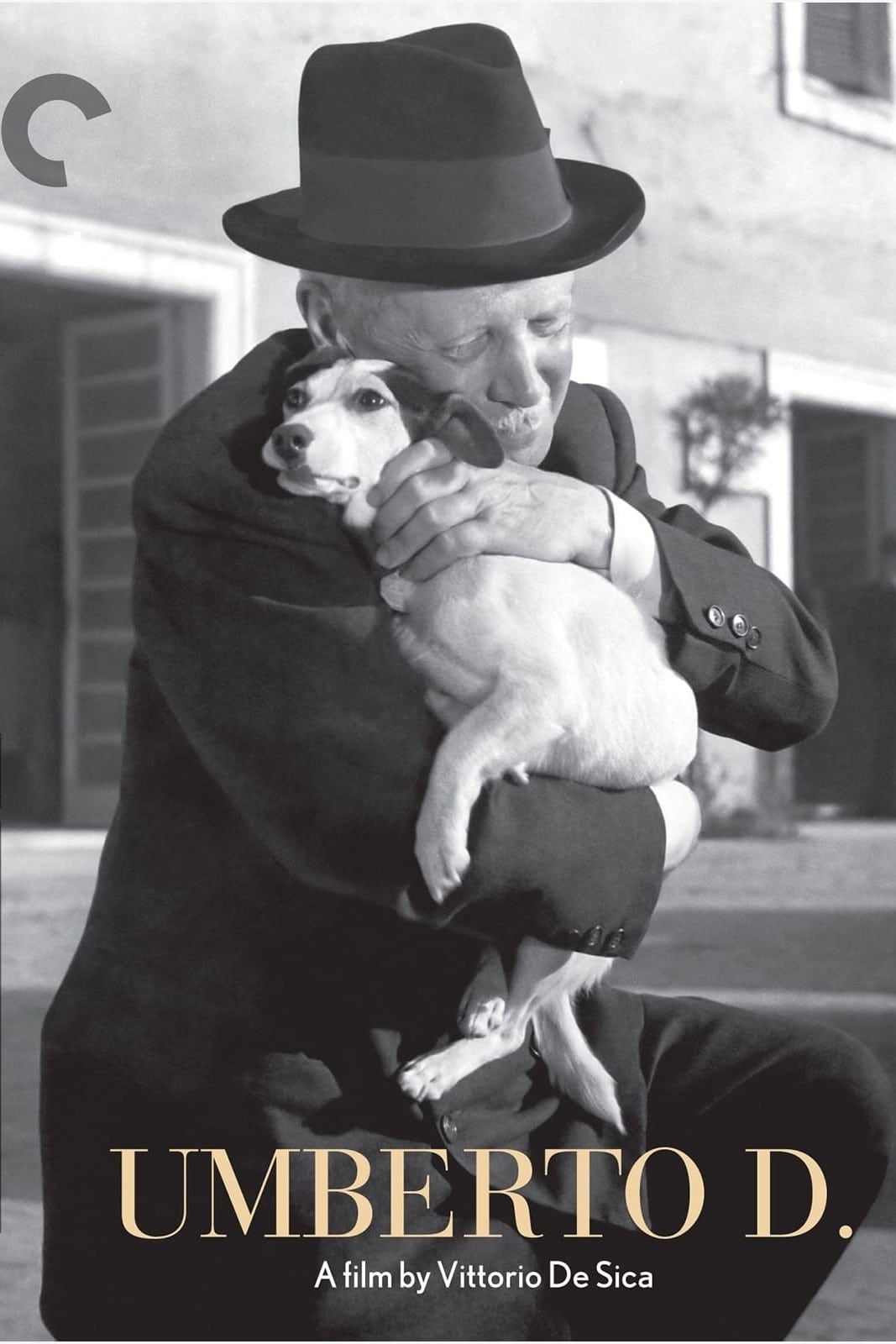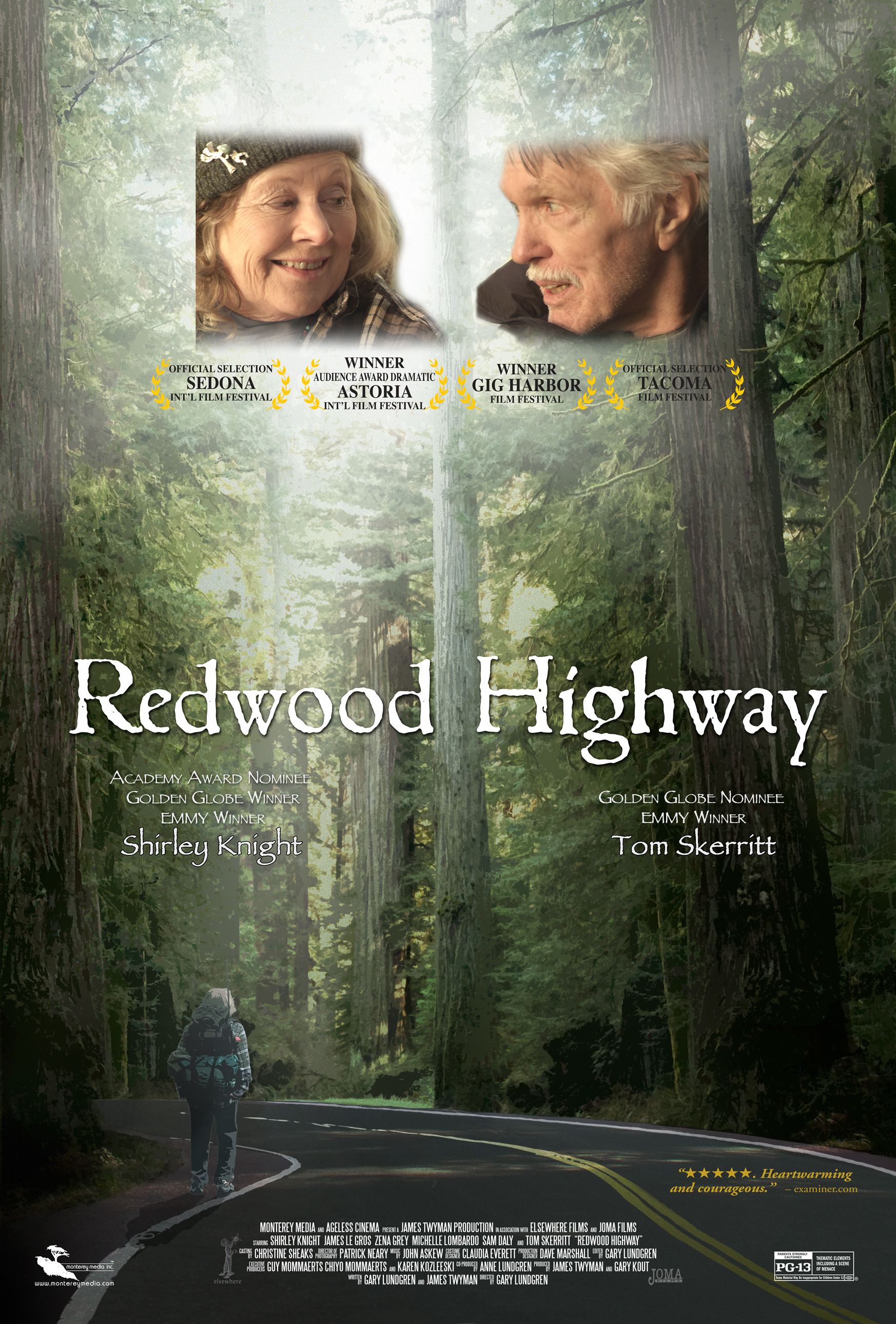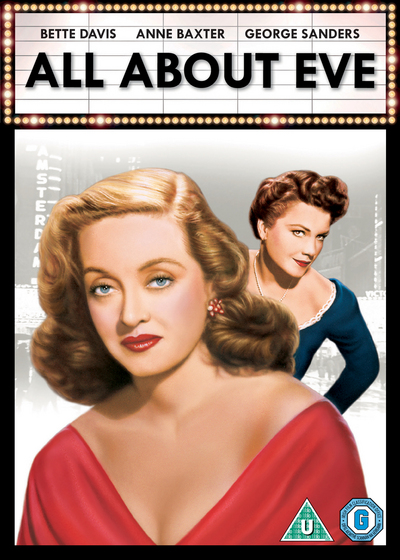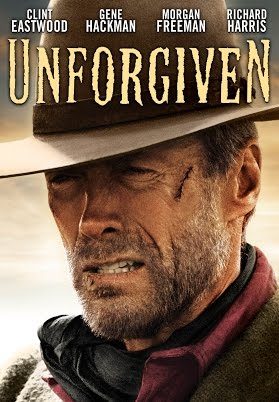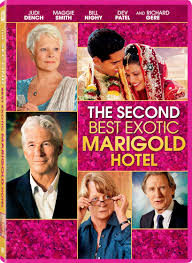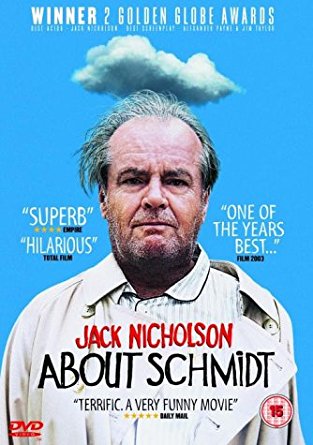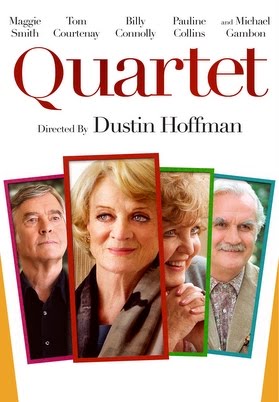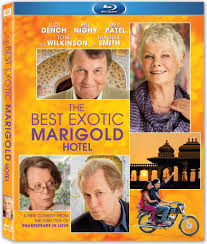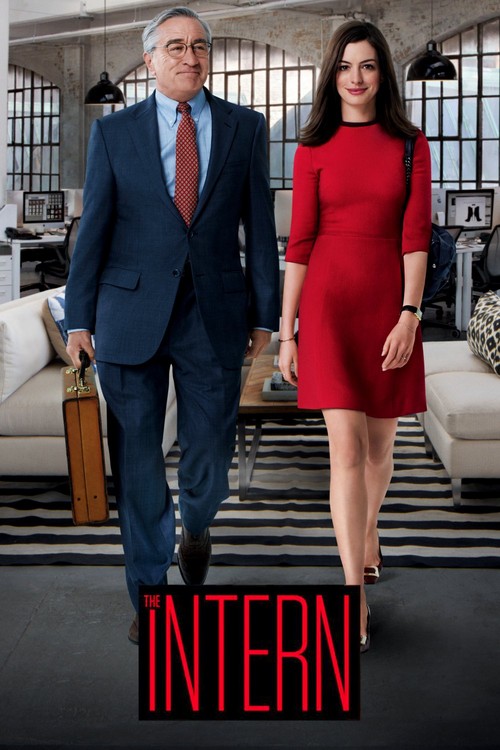
2017, USA, 96 min
Director Zach Braff’s remake of the quiet, thoughtful, 1979 comedy-drama ups the cat-and-mouse maneuvers, raises the stakes and modernizes the story line. Brooklyn friends Joe (Michael Caine), Albert (Alan Arkin) and Willie (Morgan Freeman) decide to rob the mega bank that has taken their pension money, after they’ve been laid off from their longtime factory jobs. What ensues is more laugh-heavy than the original, sometimes to its disadvantage—Christopher Lloyd’s superfluous appearance as a forgetful member of the friends’ social circle is flat-out ageist, a series of worn stereotypes presented as cheap comic relief . But the main characters’ comradery and their refusal to be marginalized by society make for a pleasing, moving effort.

